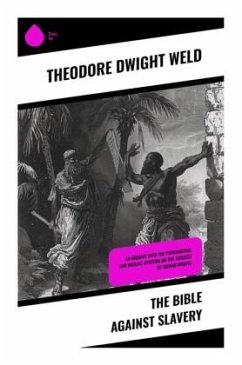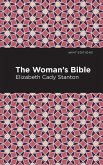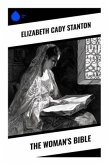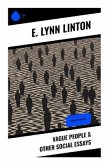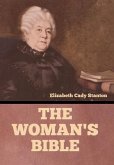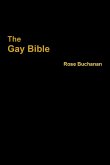In "The Bible Against Slavery," Theodore Dwight Weld presents a compelling theological argument that positions the Christian scriptures as fundamentally opposed to the institution of slavery. Through meticulous exegesis and an impassioned prose style, Weld engages with biblical texts to unravel the moral inconsistencies surrounding slavery. His work is both a pivotal document in the abolitionist movement and a critical piece of 19th-century biblical criticism, reflecting Enlightenment values of rationality and morality while countering prevailing interpretations that justified slavery. Weld's persuasive rhetoric and strategic organization enhance the book's effectiveness, making it a powerful manifesto against the inhumanity of the slave trade. Weld, a prominent abolitionist and a key figure in the broader anti-slavery movement, was deeply influenced by his Quaker upbringing and the moral imperatives of his time. As an advocate who participated in various reform movements, Weld'scommitment to social justice was shaped by his experiences in both the theological and activist arenas. His background, combined with his friendships with fellow abolitionists, such as William Lloyd Garrison, culminated in a work that sought not only to challenge societal norms but also to ignite moral outrage against slavery within the Christian community. I recommend "The Bible Against Slavery" to anyone seeking a profound exploration of the intersection between faith and justice. This work is not only essential for understanding the abolitionist discourse of the 19th century but also serves as a crucial historical context for contemporary discussions about morality, ethics, and the role of religion in social reform. Weld's arguments remain relevant today, inviting readers to reflect on the powerful teachings of the Bible in the face of oppression.
Bitte wählen Sie Ihr Anliegen aus.
Rechnungen
Retourenschein anfordern
Bestellstatus
Storno

